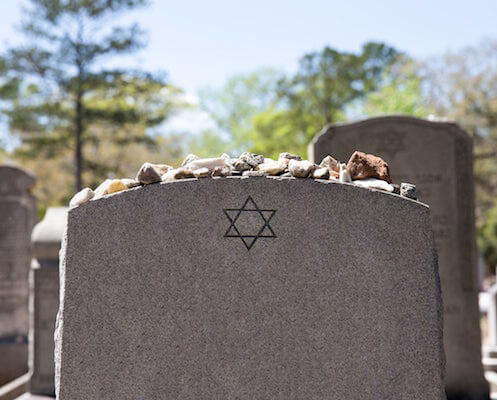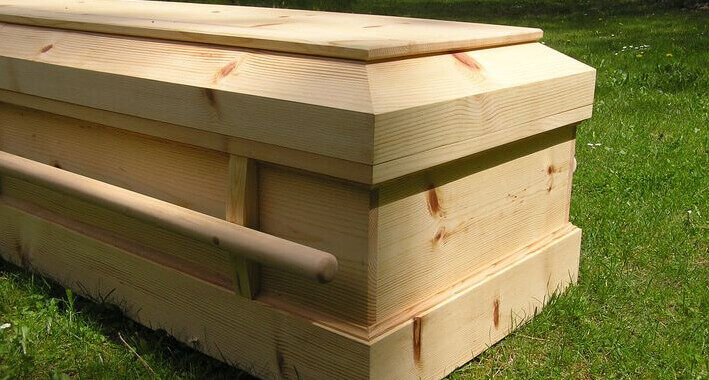Funerals are moments of deep respect and care. In Jewish tradition, the way the body is treated shows honor and faith. One clear part of this is the closed casket. Many people ask why Jewish funerals do not use open caskets. The answer connects to faith, history, and respect.
Respect for the Body
In Judaism, the body is seen as a vessel of the soul. Even after death, it must be treated with dignity. Rabbis teach that an open casket could be seen as a form of display. Instead, a closed casket keeps the body private and safe. This respect is shown in many cemetries across the world.
The Role of Jewish Law
Jewish law, known as Halakhah, sets the rules for burial. It calls for a quick burial, usually within 24 hrs. There is no embalming, no make-up, and no open display. These steps prevent anything that could feel like showing the body as an object. The law also says the dead should return to the earth in a natural way.
Example from Europe
In France, a man named David lost his mother. His family followed Jewish law. Friends from his office asked why there was no viewing. David said, “Our custom is not to keep the casket open. It is how we show honor.” His words helped them see the meaning behind the choice. Across Europe (EU), Jewish families share this same practice. It brings peace to the mourners, even if it feels diffrent to outsiders.
Emotional Needs
Some people think an open casket gives closure. In Jewish practice, closure comes from prayer, memory, and being with family. Seeing the body is not needed. Mourners say Kaddish, the prayer for the dead. This act connects them to God (G-d) and to each other. It supports healing without showing the body.

Facts and Evidence
Studies on grief in the U.S. show that both open and closed caskets can support healing. For Jews, the choice is guided not by psychology but by law and faith. Still, research shows that rituals bring comfort when they match a person’s beliefs. This fact helps explain why closed caskets continue in Jewish funerals.
Simple Materials
Jewish law also asks for plain coffins, often made of wood. There are no metal parts, so the body can return to the ground. This ties back to the verse, “For dust you are and to dust you shall return.” The closed casket and plain wood work together to keep the process natural and humble.
When people ask why Jews have closed caskets, the answer is about respect. It is about law, but also about love for the person who has passed. Families find meaning in knowing that dignity stays with the body to the end.

